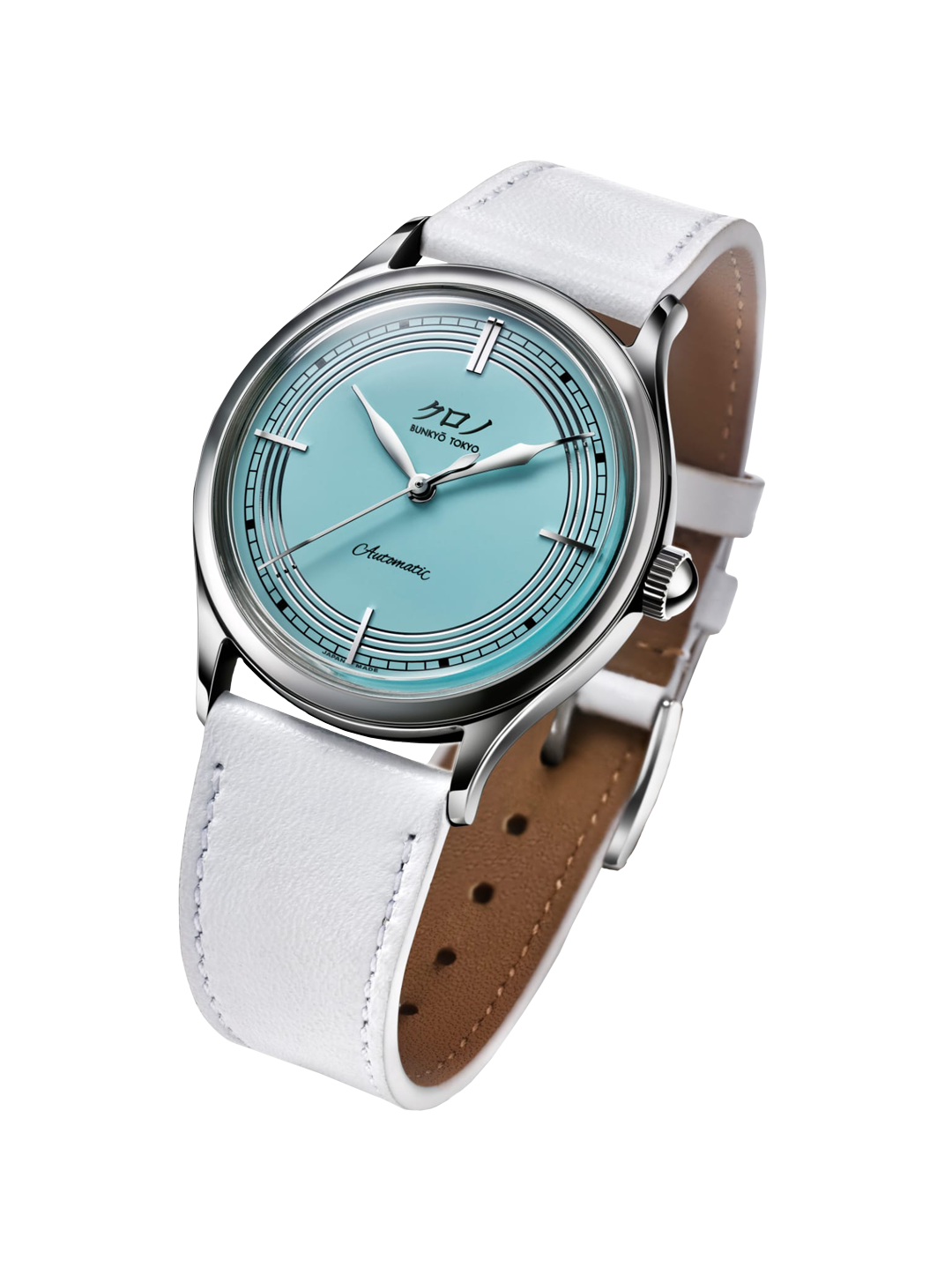
Kurono cancels flippers
Share
Watch flipping is a polarizing topic. On the one hand, some decry the potential for price in flation. On the other hand, watch flippers can create market liquidity, and by supporting prices, can make watches a more palatable investment. Regardless of your position, Kurono watches have taken some interesting steps to reduce watch flipping of their latest Seiji watch. Do their measures make sense?
How Kurono will tackle flippers
Kurono intends to void the warranty of any Seiji watch flipped within the first six months. When discussing allocations, they state:
a. Warranty or service claims within the first six months of receiving SEIJI by anyone other than the original buyer on record will be rejectedb. Warranty for any SEIJI discovered on the resale market within the first six months will be voided
Part (a) is curious. This seems to prevent people buying the watch as a gift. For example, if one were to give the Seiji to one’s significant other, then there were a relationship breakdown, how would a warranty be operationalized? This seems like a slightly perverse outcome especially since gift recipients are less likely to flip a watch.
Part (a) would, nevertheless, limit watch flipping. It would not perfectly do so. If one were to buy the watch from a local flipper and that flipper were a shop, then consumer law would often enable you to seek recompense from the seller, who in turn would be able to do a warranty repair via Kurono.
Part (b) would attack the resale market directly. But, it would be difficult to enforce. This is because most watch sellers blur serial numbers on in-demand modern watches. This is to defeat counterfeiters. And, any seller doing their due dilligence on a buyer would detect if the buyer worked for Kurono as part of a sting operation. Nevertheless, Kurono appears to hope that the measures will deter flippers.
Will the measures be effective?
The measures are unlikely to be effective for Kurono. They would be even less effective for other brands.
-
Six months is not long: Kurono is a premium manufacturer. It is extremely unlikely that there would be a warranty claim in the first six months. And, if they were to suffer significant such claims, their brand value would diminish significantly. Notably, their prohibition on flippers would not prevent said flipper returning the watch for quality control issues when they receive it (for they would not then have sold it). Therefore, the prohibition on warranty claims by other parties within six months is likely to be moot.
-
Detection: It would be difficult for Kurono to detect precisely which watches are on the resale market within six months. Many flippers would sell under a pseudonym or under a corporate shell. Thus, lining up purchase orders with names would be difficult. That notwithstanding, sellers are unlikley to leave the serial number visible when selling the watch. And, by the time it has gone to a buyer, it has already been flipped. Granted, the detection task is relatively easier on a production run of 500 watches. But, it is also non-trivially difficult.
Therefore, it appears unlikely that the measures will significantly reduce flipping. However, even a small barrier can deter “casual” flippers. Thus, it might reduce the amount of flippers even if it does not eliminate flipping entirely.
Would this work for other brands?
Let us assume that this would work for Kurono. Would it work for other companies? The answer is that it would not.
-
Costs: Larger companies would have even greater issues with monitoring and compliance than would Kurono. Rolex sells thousands of watches. Rolex is unlikely to have the resources to monitor flipping. This is especially the case since flipping does not harm Rolex’s sales. On the contrary, it increases demand. By contrast, monitoring flippers is expensive. Thus, Rolex would introduce a cost without a benefit. This does not make financial sense.
-
Practicality: As indicated with Kurono, it is practically impossible to determine who is flipping what watch. This issue becomes even more challenging when there are thousands of watches as opposed to a few hundred. It is an even greater issue when images would also not allow a brand to short cut the search process: In photos, in many instances, a datejust from 2020 looks just like one from 2021. Thus, enforcing the sale prohibition would be challenging.
-
Legal issues: There is also the legal issue of whether voiding a warranty woudl do anything. In many countries there are two main types of warranty: (a) an express /constructive warranty based on the company’s statements, and (b) statutory consumer rights prohibitions. While a company can void (a). It would be difficult to avoid (b). This is because notwithstanding any desire to void a warranty, the company is still obligated to provide a product that is fit for purpose when selling in a jurisdiction at a local distributor. Thus, if a company had a local dealer, that dealer would still need to deal with repairs. The situation does become more complex though. The buyer would likely need to operationalize repairs through the flipper.
Thus, overall, Kurono’s valiant attempt to prevent flipping is unlikely to be effective. And, even if it is, it is not a practical solution for other companies.